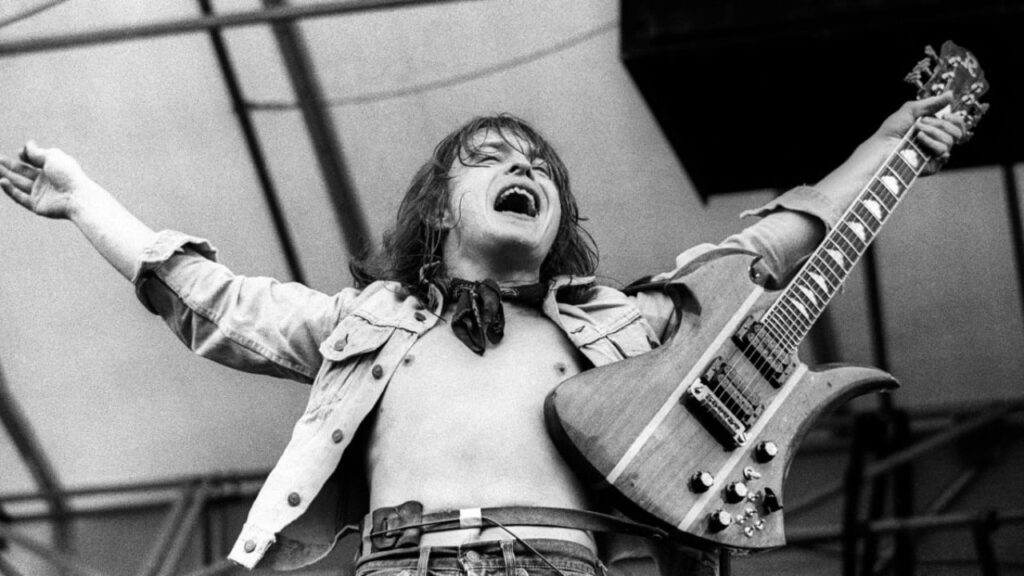Rick Derringer, the guitar-slinging rock legend who carved out a six-decade career in music, left behind more than just riffs and anthems when he passed away in May 2025. His financial journey was as wild and unpredictable as his solos—peaks of chart-topping success, valleys of foreclosure battles, and a net worth that settled at $500,000 by the time of his death. Not exactly the fortune of a rock god, but then again, Derringer’s story was never just about the money. It was about survival, reinvention, and the kind of hustle that kept him onstage well into his 70s.
Born Richard Zehringer in 1947, Derringer shot to fame at 17 when his band, The McCoys, dropped “Hang On Sloopy”—a song that famously dethroned The Beatles’ “Yesterday” from the Billboard No. 1 spot. That early success should’ve set him up for life, but the music biz is fickle. By the 2010s, he was grappling with foreclosures on multiple Florida homes, including a 2010 lawsuit over $45,119 in unpaid mortgage fees.
The 2008 financial crash hit him hard, and though he kept touring and producing, the big paydays of his ’70s heyday were long gone. Still, $500K isn’t chump change—especially for a guy who never stopped working, whether it was shredding for Steely Dan, producing Weird Al’s Grammy-winning parodies, or writing “Real American”, the wrestling anthem that became Hulk Hogan’s theme and a political rally staple.
Check Out: Shayla Forbes-Luong’s Family: What We Know About Her Parents and Siblings
The Highs and Lows of a Rock ‘n’ Roll Wallet
Derringer’s finances mirrored his career: boom, bust, and bounce-back. In the ’70s, he was riding high—solo hits like “Rock and Roll, Hoochie Koo”, session work for icons like Barbra Streisand and Alice Cooper, and a rep as one of the most versatile guitarists alive. But the ’80s brought a pivot. He became a behind-the-scenes maestro, producing The Wrestling Album for the WWF and shaping Weird Al’s early sound. Those gigs weren’t just creative wins; they were paychecks that kept him afloat even as rock’s spotlight dimmed.
Then came the 2000s slump. The foreclosures were public drama, but Derringer adapted. He dove into smooth jazz, Christian music, and even joined Ringo Starr’s All-Starr Band for a three-year run. By 2025, his net worth was a fraction of his peers’, but he owned it—literally. His prized possession? A 1993 Ford Mustang, a cherry-yellow relic of better days, valued at $20,000. No mansions, no private jets—just a killer car and a legacy that outshone his bank account.
The Final Curtain Call
Rick Derringer’s death on May 26, 2025, at 77, wasn’t just the end of a life; it was the closing chapter of a rock ‘n’ roll playbook. His wife, Jenda, and longtime caretaker Tony Wilson were by his side when his heart gave out after years of health struggles, including triple bypass surgery and Type 2 diabetes. Tributes poured in from Joe Bonamassa, Edgar Winter, and even former Mötley Crüe frontman John Corabi, who called him “a brilliant guitarist who blew me away every time.”
See More: Inside Rod Stewart’s Jaw-Dropping $350 Million Net Worth in 2025
So, was $500K enough? For Derringer, maybe. He died with his boots on, still releasing music as late as 2022 and joking in interviews about how fans “wanted him to rock like a 20-year-old” when he was pushing 80. His $500k net worth didn’t define him—his stamina, adaptability, and that damn Mustang did. In the end, Rick Derringer wasn’t just a rock star. He was a survivor. And that’s worth more than any number.
